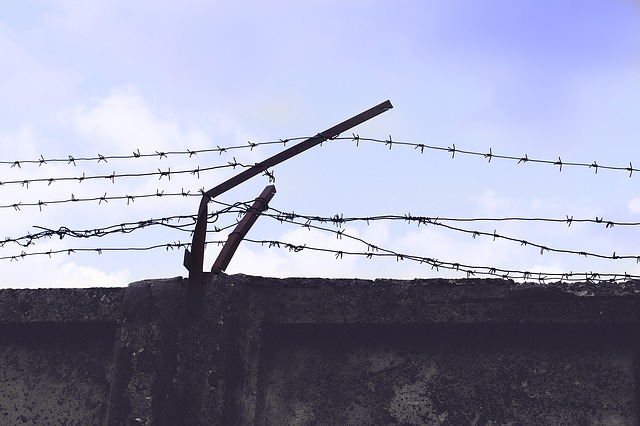Justice in politics
All who seek justice must be plagued and tormented by uncomfortable questions in their subconscious. Is it within human power to find true justice? We live in a high stage of civilization, our level of knowledge is enormous compared to the dark ages of the past, and we are undoubtedly the rulers of the known universe. Is it possible, then, to obtain justice, or at least to recognize it, in the everyday politics of modern democracies? [Because laws and norms set the boundaries of behavior. More precisely, in the best case, they have been determined by a common, unshared hand, by the democratic majority, by a wise ruler, or by both of these powerful entities. Justice based on or enforced by different religions is even more complex. Zealots of the past and present have never hesitated, and still do not hesitate, to destroy property and to interfere with human life in the name of justice as they understand it.
Thus, one can define what is just and what is not just in a given situation based on the generally respected state of the law. But …… The trouble is that not all of us are willing to recognize and submit to such justice because in many cases it can have very unpleasant consequences for certain individuals or like-minded political groups. This is even more so because there are logical geographical limits to state-determined justice. What may be considered a heroic act justified by national interests, religious zeal, or faithful service to God in a particular region may be called terrorism, banditry, or a despicable crime a few miles away. Suicide bombings by Islamic extremists against defenseless nonbelievers and atheists are a classic example today.
In totalitarian regimes, political justice is determined by a few powerful people. More often than not, injustice and unfairness perpetrated against individuals or groups that are unfavorable to the regime are justified by ideology and state interests. If the affected population fights back, the repression against them becomes even more severe. Consider the German occupation of the Czech Republic between 1939 and 1945, especially the assassination of Reinhard Heydrich, the third most powerful man in the Reich and Hitler\’s eventual successor. Despite the harsh and bloody reaction of the occupying forces, this act must be seen as the just retribution of a cornered and oppressed nation struggling for its bare survival. From the perspective of the Czech people, this act was quite justified. However, this act provoked an unjustified blood feud and took the lives of many innocent and unrelated people. This fact is constantly emphasized by some who doubt the legitimacy of the assassination. We hope that their voices will gradually be silenced.
In the future, it is important that we, who have been taught by history, do not lose our desire to seek justice and learn. It is more important that we have the opportunity to do so.




